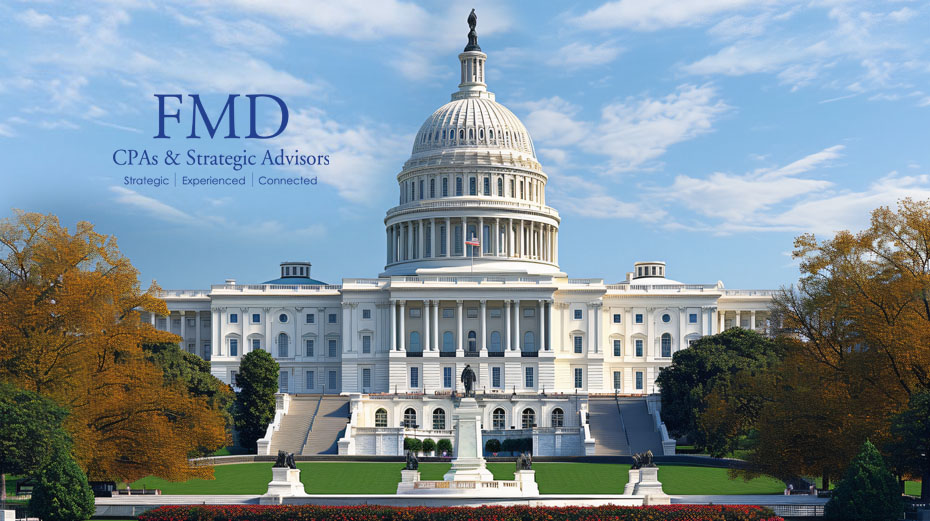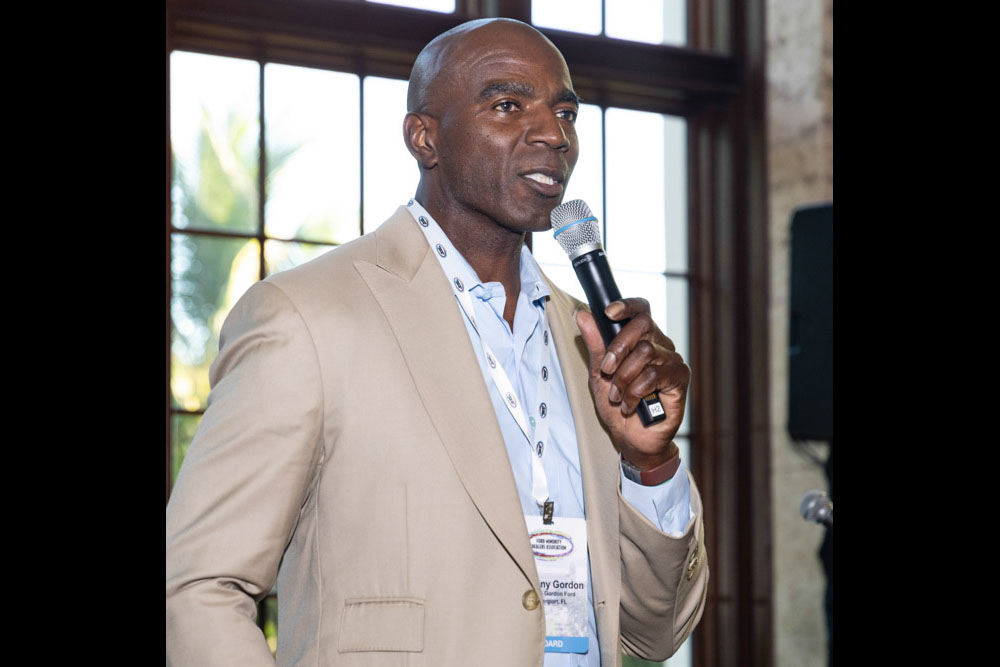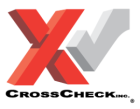
One, Big, Beautiful Bill Act: Business Tax Provisions
On July 4, President Trump signed into law the far-reaching legislation known as the One, Big, Beautiful Bill Act (OBBBA). With this legislation comes many extensions of many of the provisions of the Tax Cuts and Jobs Act (TCJA); legislation enacted during the first Trump administration. It also incorporates several of President Trump’s campaign pledges, although many on a temporary basis, and pulls back many clean-energy-related tax breaks.
Navigating the changes enacted with the OBBBA will be critical for businesses to take advantage of the new changes, and in some cases receive benefits before they sunset. Here’s a breakdown of some of the key changes affecting business taxpayers. Except where noted, these changes are effective for tax years beginning in 2025.
Key changes affecting businesses
- Makes permanent and expands the 20% qualified business income (QBI) deduction for owners of pass-through entities (such as partnerships, limited liability companies and S corporations) and sole proprietorships
- Resumes and makes permanent 100% bonus depreciation for the cost of qualified new and used assets, for property acquired after January 19, 2025
- Creates a 100% deduction for the cost of “qualified production property” for qualified property placed into service after July 4, 2025, and before 2031, encouraging domestic manufacturing and production of agricultural and chemical products
- Doubles both the Sec. 179 expensing limit to $2.5 million and the expensing phaseout threshold to $4 million for 2025, with annual inflation adjustments going forward
- Reinstates the addback for depreciation, amortization and depletion in the adjusted taxable income calculation for interest limitation under 163(j)
- Permanently allows the immediate deduction of current year 174 domestic research and experimentation expenses
- Allows for a 2025 deduction of previously capitalized and amortized 174 domestic research and experimentation expenses from tax years 2022-2024
- For business entities taxed as C-Corporations there is now a 1% of taxable income floor on charitable contributions. This makes the first 1% non-deductible, 2-10% deductible, and anything in excess carried forward
- Prohibits the IRS from issuing refunds for 2021 3rd and 4th quarter Employee Retention Tax Credit claims that were filed after January 31, 2024, and extends the statute of limitations for audit of all ERC claims for 6 years
- Early termination of certain EV, Fuel, and Residential energy credits. Key termination dates will be September 30, 2025, December 31, 2025, and June 30, 2026
- EV purchase credits will expire for vehicles purchased after September 30, 2025
- Alternative fueling energy credits (i.e. EV charging credit) will expire on June 30, 2026
- Residential and commercial energy property credits will expire December 31, 2025 or June 30, 2026 depending on the credit
- Early phaseout and termination of certain clean energy tax incentives with modified rules for projects already underway or projects begun in 2025
- Permanently renews the Qualified Opportunity Zone program and extends the New Markets Tax Credit
- Makes permanent and modifies the employer credit for paid family and medical leave
- Expands the benefits of section 1202 qualified small business stock gain exclusion for stock issued after the date of enactment
Be Prepared
We’ve only briefly covered some of the most significant OBBBA provisions here. There are additional rules and limits that apply. Those business taxpayers and individuals owning business enterprises will have the opportunity to incorporate these new legislation changes into their 2025 tax planning. Contact an FMD CPA for assistance with navigating the new law and its far-reaching implications to minimize your tax liability.





























